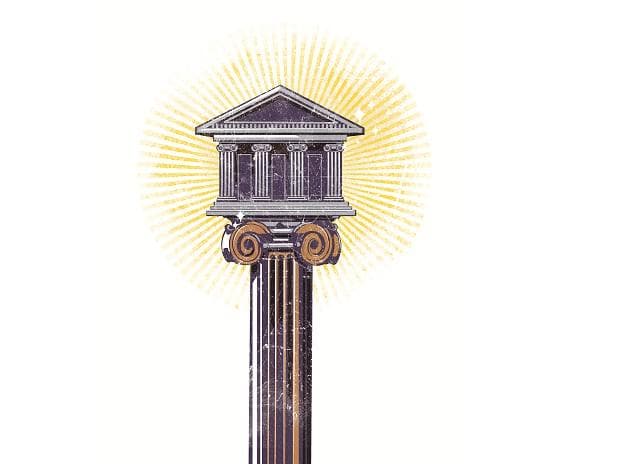Corporates may end up paying four months interest on their loans
together.
The moratorium
granted by the Reserve
Bank of India (RBI), both on term and working capital loans, to provide a
helping hand to corporates and customers struggling with inadequate liquidity,
may become a cause for concern for them later.
Under the RBI scheme, there is a three-month moratorium on the interest payment on working capital loans.
Under the RBI scheme, there is a three-month moratorium on the interest payment on working capital loans.
So, after the end
of three months, the deferred interest (of three months) will be collected
immediately after the moratorium ends. Hence, corporates may end up paying four
months interest on their loans together.
This could come as
a blow to companies, given the current situation. C S Setty, MD at SBI, told
the media on Wednesday that if anyone is unable to pay the amount after the
moratorium period, it will not immediately impact the asset quality though the
account will become special mention account 1 (SMA 1).
Even if they delay
the payment by another 60 days, it will be a SMA 2 account and not a
non-performing asset.
SMA 2 accounts are
those where repayment has been delayed by between 61 and 90 days. If an account
sees repayments delayed by 90 days, it turns into an NPA.
Setty said
businesses may face difficulty in paying four months interest immediately after
the end of moratorium. “We may speak to the Indian Banks’ Association and get
clarification from the RBI if such loans can be restructured.” Similarly, those
who opt for moratorium may end up paying more. Any deferment of interest by
borrowers under the scheme will add to the total cost paid by the borrowers,
Shetty said.
If customers have
the ability to pay the EMIs, then they should shy away from availing the scheme
because the cost will add up, he added.

No comments:
Post a Comment